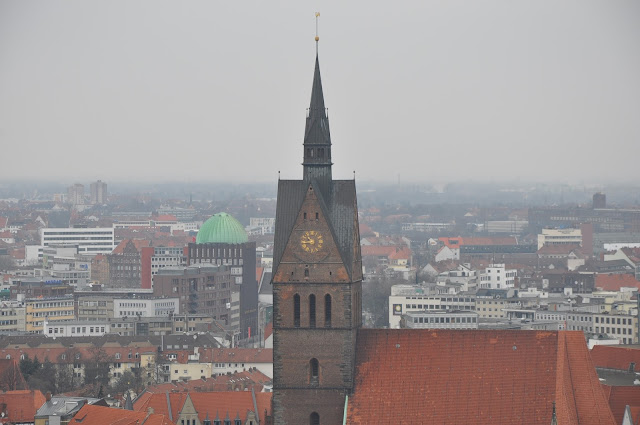By Ioannis Zabetakis
First published in International Aquafeed, July-August 2016
In 1952, the first informal explorative pilot studies on human diets took place in Italy, Japan, Spain and South Africa and those first data have been used in the experimental designing of the first phase (1958-1983) of the “Seven Countries Study” (SCS). The SCS suggested an association between serum cholesterol and cardiovascular diseases (CVDs).
However, this association was not consistent across the various cohorts of participants in different countries. The link was very clear in US and Northern European cohorts but it was rather weak in Southern European and Japanese cohorts. Nevertheless, the SCS triggered research into cholesterol-lowering drug strategies, ultimately leading to the development of statins amongst others.
The clinical evidence in support of statins is strong but statins aim to lower serum LDL-cholesterol whereas the SCS has shown that people with high serum cholesterol do not necessarily face increased cardiovascular risk!
So, today, the vast majority of the medical community advocate (unfortunately!) these drugs as highly effective first-line therapeutics in primary and secondary prevention of CVDs without considering the human’s diet habits or blood data (i.e. if they follow the Mediterranean diet guidelines or what are the blood levels of HDL-cholesterol – the good cholesterol).
There is constantly growing evidence of side-effects associated with statins in a significant proportion of patients suggesting that these drugs are not a universal solution to CVDs! We need, therefore, to revisit the evidence and to re-appraise the relative importance of cholesterol amongst many other lipids as potential modulators of atherogenesis. Do all people need statins or actually statins make things worse?
What are the relative merits of statin therapy?
How can dietary interventions that impact on lipids other than cholesterol, including omega-3 fatty acids and polar lipid fractions of various foods (e.g. fish), help in our attempt to decrease cardiovascular risk?
We suggest that careful design around the lipid components of dietary interventions presents a credible alternative in patients who are intolerant to statins or averse to taking such drugs.
Further reading
The Seven Countries Study - www.sevencountriesstudy.com
Lipids and cardiovascular disease: where does dietary intervention sit alongside statin therapy? Food Funct., 2016,7, 2603-2614 DOI: 10.1039/C6FO00024J http://pubs.rsc.org/en/content/articlelanding/2016/fo/ c6fo00024j#!divAbstract
Read the magazine HERE.
First published in International Aquafeed, July-August 2016
In 1952, the first informal explorative pilot studies on human diets took place in Italy, Japan, Spain and South Africa and those first data have been used in the experimental designing of the first phase (1958-1983) of the “Seven Countries Study” (SCS). The SCS suggested an association between serum cholesterol and cardiovascular diseases (CVDs).
However, this association was not consistent across the various cohorts of participants in different countries. The link was very clear in US and Northern European cohorts but it was rather weak in Southern European and Japanese cohorts. Nevertheless, the SCS triggered research into cholesterol-lowering drug strategies, ultimately leading to the development of statins amongst others.
The clinical evidence in support of statins is strong but statins aim to lower serum LDL-cholesterol whereas the SCS has shown that people with high serum cholesterol do not necessarily face increased cardiovascular risk!
So, today, the vast majority of the medical community advocate (unfortunately!) these drugs as highly effective first-line therapeutics in primary and secondary prevention of CVDs without considering the human’s diet habits or blood data (i.e. if they follow the Mediterranean diet guidelines or what are the blood levels of HDL-cholesterol – the good cholesterol).
There is constantly growing evidence of side-effects associated with statins in a significant proportion of patients suggesting that these drugs are not a universal solution to CVDs! We need, therefore, to revisit the evidence and to re-appraise the relative importance of cholesterol amongst many other lipids as potential modulators of atherogenesis. Do all people need statins or actually statins make things worse?
What are the relative merits of statin therapy?
How can dietary interventions that impact on lipids other than cholesterol, including omega-3 fatty acids and polar lipid fractions of various foods (e.g. fish), help in our attempt to decrease cardiovascular risk?
We suggest that careful design around the lipid components of dietary interventions presents a credible alternative in patients who are intolerant to statins or averse to taking such drugs.
Further reading
The Seven Countries Study - www.sevencountriesstudy.com
Lipids and cardiovascular disease: where does dietary intervention sit alongside statin therapy? Food Funct., 2016,7, 2603-2614 DOI: 10.1039/C6FO00024J http://pubs.rsc.org/en/content/articlelanding/2016/fo/ c6fo00024j#!divAbstract
Read the magazine HERE.
This blog is maintained by The Aquaculturists staff and is supported by the
magazine International Aquafeed which is published by Perendale Publishers Ltd
For additional daily news from aquaculture around the world: aquaculture-news

























